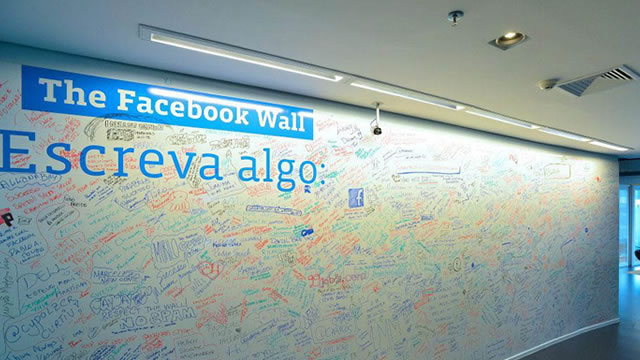The Government’s Antitrust Case Against Meta: Impact on Competition and Users
In December 2020, the Federal Trade Commission (FTC) filed an antitrust lawsuit against Meta Platforms Inc., formerly known as Facebook, alleging that its acquisitions of Instagram and WhatsApp in 2012 and 2014, respectively, stifled competition and harmed consumers. This move represents the most significant antitrust action against a tech giant in decades.
Background: Meta’s Acquisitions of Instagram and WhatsApp
Meta, the parent company of Facebook, acquired Instagram for approximately $1 billion in cash and stock, and WhatsApp for about $19 billion in cash and stock. At the time, these deals were considered game-changers in the tech industry, as they allowed Meta to expand its user base and offerings beyond its core social networking platform.
Impact on Competitors
The FTC’s argument is that Meta’s acquisitions gave it the power to suppress competitors and maintain its market dominance. By acquiring Instagram and WhatsApp, Meta not only gained access to their user bases but also prevented potential rivals from growing and threatening its core business.
- Instagram: Meta acquired Instagram when it was still a budding photo-sharing app. The acquisition gave Meta a significant presence in the visual social media market, which was a growing threat to Facebook’s core social networking platform.
- WhatsApp: WhatsApp was a popular messaging app, and its acquisition gave Meta a strong presence in the messaging market, which was seen as a potential threat to Facebook’s Messenger app.
Impact on Users
The FTC also argues that Meta’s acquisitions have led to reduced innovation and higher prices for users. By acquiring competitors, Meta has eliminated potential competitors that could have offered innovative features or lower prices, leading to a lack of competition and a lack of choice for consumers.
Effect on Individuals
As individuals, the potential impact of the FTC’s antitrust lawsuit against Meta could result in:
- More competition in the social media and messaging markets, leading to more innovative features and potentially lower prices.
- Improved privacy and data protection, as more competition could lead to better privacy policies and stronger protections for user data.
Effect on the World
The potential impact of the FTC’s antitrust lawsuit against Meta on the world could be:
- Encouragement of competition in the tech industry, leading to more innovation and potentially lower prices for consumers.
- Improved data protection and privacy standards, as increased competition could lead to stronger protections for user data.
Conclusion
The FTC’s antitrust lawsuit against Meta represents a significant moment in the tech industry, as it challenges the dominance of a major player and could lead to increased competition and improved privacy and data protection for users. The outcome of this case could have far-reaching implications for the tech industry and consumers alike.
It is important to note that the outcome of this lawsuit is still uncertain, and it will be closely watched by regulators, tech companies, and consumers around the world. Regardless of the outcome, it is clear that the tech industry will continue to evolve, and competition will remain a crucial factor in its growth and development.





